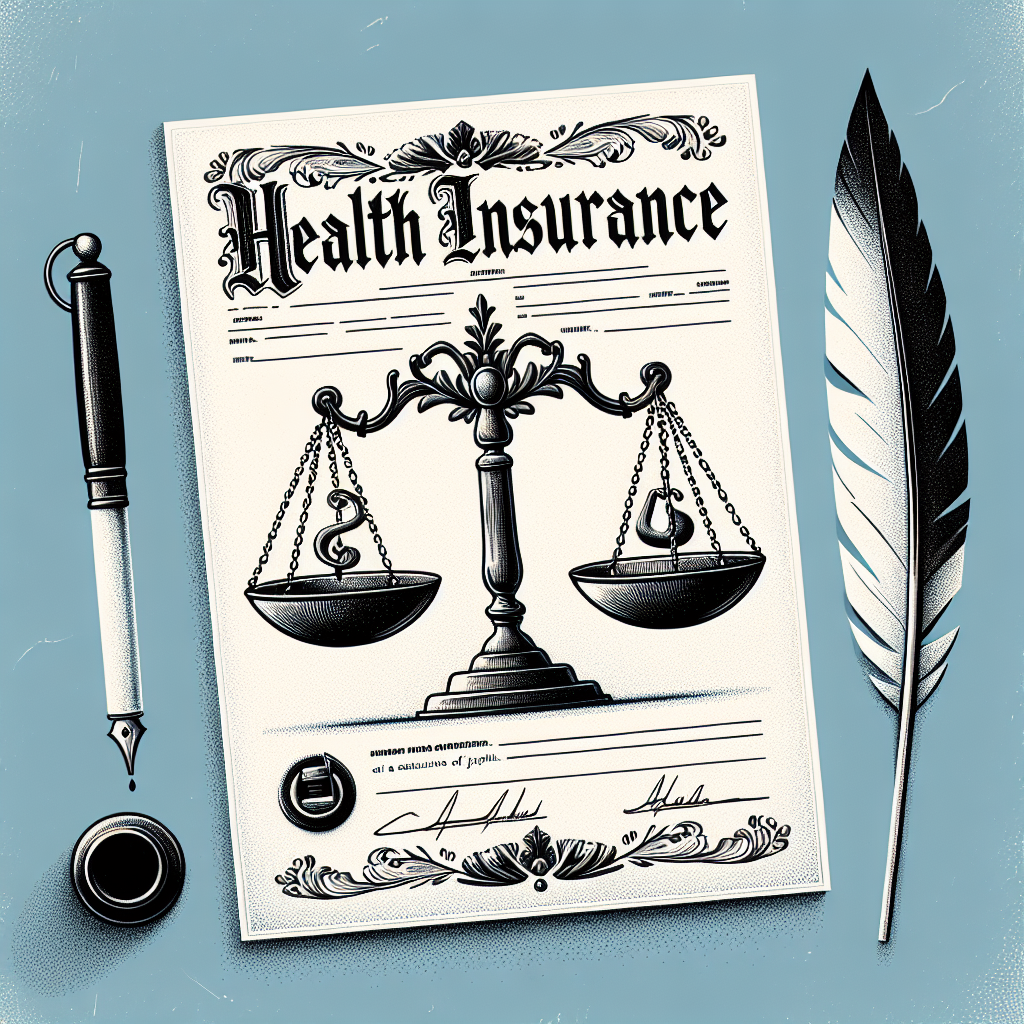Filed under Health Insurance on
"Understanding Hearing Aids and Health Insurance Coverage"

Hearing aids have become essential devices for many individuals seeking to combat hearing loss and improve their quality of life. However, understanding the intricate relationship between hearing aids and health insurance coverage can be complex. In this article, we delve into the fundamentals of hearing aids, explore how health insurance policies handle such devices, and provide guidance for those navigating the insurance landscape to obtain the coverage they need.
What Are Hearing Aids?
Hearing aids are small electronic devices designed to amplify sound for individuals with hearing impairments. These devices not only aid in making sounds louder but also enhance clarity, allowing users to engage more effectively in conversations and become more aware of their surroundings. Modern hearing aids are sophisticated, utilizing digital technology to deliver personalized amplification tailored to the specific hearing loss profile of each user.
Components and Functionality
A typical hearing aid consists of three primary components: a microphone, an amplifier, and a speaker. The microphone picks up sound from the user's environment, converting it into electrical signals. The amplifier increases the strength of these signals, and the speaker sends the amplified sound into the ear. Some advanced models incorporate features such as telecoils, Bluetooth connectivity, and noise reduction to enhance user experience.
Types of Hearing Aids
There are several styles of hearing aids, each designed to meet different levels of hearing loss and user lifestyle preferences.
- Behind-the-Ear (BTE): A popular choice, these rest behind the ear and are suitable for a wide range of hearing loss.
- In-the-Ear (ITE): Custom-fitted to the outer ear, these are easier to handle for many users.
- In-the-Canal (ITC) and Completely-in-Canal (CIC): These fit within the ear canal, offering a discreet option but typically for mild to moderate hearing loss.
- Receiver-in-Canal (RIC): Similar to BTE, these have the speaker inserted into the canal, offering a combination of comfort and strength.
Hearing Aids and Health Insurance Coverage
Understanding hearing aids and health insurance coverage is crucial for anyone looking to manage costs associated with acquiring these devices. The landscape of insurance coverage for hearing aids is varied, with significant differences depending on location and the specifics of one's insurance policy.
Private Health Insurance
Many private health insurance plans offer some form of coverage for hearing aids, though this can vary widely. It is essential to check the specifics of your policy, as coverage might only partially offset the cost or include certain brands and models. Policyholders should explore:
- Coverage Limitations: Check if there is a cap on the amount reimbursed or specific criteria for reimbursement.
- Available Models: Some policies cover only specific types of hearing aids.
- Frequency of Replacement: Determine how often you'll be eligible for replacement or upgrades.
Medicare and Medicaid
For those relying on government programs like Medicare, the situation differs. Traditional Medicare does not cover hearing aids. However, Medicare Advantage (Part C) plans may provide some coverage. Medicaid’s support for hearing aids varies by state, often offering more robust coverage for qualifying individuals.
Employer-Sponsored Plans
Employer-provided health insurance may also contribute towards the cost of hearing aids. Policies are highly individualized, so consulting the human resources department or benefits administrator is advisable to understand specific entitlements.
Recent Trends and Developments
The hearing aid industry is experiencing rapid technological advancement, influencing how insurance deals with these devices. Developments include innovations in rechargeable batteries, improved sound processing technologies, and the integration of artificial intelligence. Such advancements may entice insurers to re-evaluate coverage policies.
Insurance Policy Innovations
There is a movement towards enhancing insurance products to keep up with technological improvements in hearing aids. More insurers are beginning to recognize the importance of covering advanced devices and considering changes that include broader options and increased coverage amounts.
Direct-to-Consumer Hearing Aids
Another shift in the industry is the increase in direct-to-consumer sales, offering patients lower-cost alternatives that may not be traditionally covered. These options often require customization, which could affect their inclusion in insurance plans.
Optimizing Health Insurance Benefits
Maximizing the benefits of health insurance coverage for hearing aids requires a proactive approach. Here are some steps to effectively leverage insurance:
- Evaluate Policy Details: Start by understanding the specifics of your current insurance policy, focusing on the intricacies of hearing aid coverage.
- Speak to Audiologists: Consult audiologists who can provide insight into which devices are best for your needs and how they align with your insurance benefits.
- Negotiate and Appeal: If initially denied, consider negotiating with your insurance provider or filing an appeal. Providing a detailed necessity letter from your audiologist might help.
Conclusion
Understanding hearing aids and health insurance coverage is essential for individuals seeking to manage hearing loss effectively without undue financial burden. By thoroughly researching insurance options, staying informed about industry trends, and taking proactive steps in consultation with healthcare professionals, you can optimize your health insurance benefits and enhance your overall hearing experience. While navigating insurance for hearing aids can be daunting, being armed with the right information can make all the difference in receiving the necessary support and improving your auditory health.





